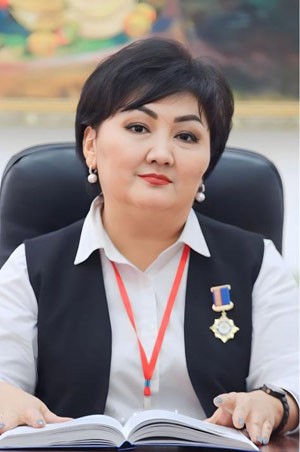
Faculty of World Languages
Faculty description
The Institute of World Languages is a leading educational center dedicated to training professional teachers and linguists. The institute’s mission is to prepare highly qualified specialists who are fluent in several languages and capable of effective intercultural communication in the field of education and beyond.
The institute offers the following Bachelor’s degree programs:
• 6B01708 – Russian Language and Literature in Russian and Non-Russian Schools (IP)
• 6B01707 – Foreign Languages (IP)
• 6B01702 – Training Teachers of Russian Language and Literature
• 6B01703 – Training Teachers of Foreign Languages: Two Foreign Languages
• 6B01704 – Training Teachers of Uzbek Language
• 6B01701 – Training Teachers of Kazakh Language and Literature
Master’s degree programs:
1. 7M01702 – Training Teachers of Foreign Languages: Two Foreign Languages
2. 7M01701 – Training Teachers of Kazakh Language and Literature
3. 7M01703 – Training Teachers of Russian Language and Literature
4. 7M01704 – Training Teachers of Uzbek Language and Literature
Graduates of the institute successfully work in schools, lyceums, gymnasiums, language centers, and international educational institutions.
The mission of the Institute of World Languages is to train highly qualified and competitive professionals capable of working effectively in a multilingual and multicultural environment. The institute aims to develop educators with modern teaching skills, linguistic expertise, and strong cultural values.
The mission is aligned with the core educational programs offered by the institute:
• In Kazakh, Russian, and Uzbek language and literature – fostering creative and research-oriented approaches to teaching while preserving national and cultural values;
• In Foreign Languages – preparing specialists fluent in two or more foreign languages and ready to engage in global communication and collaboration.
Graduates of the institute successfully contribute to education, research, and international cooperation, strengthening intercultural understanding and dialogue.

Faculty leader
Botabaeva Zhanna
director of the institute, candidate of philological sciences, associate professor
Phone:
+7 701 395 41 22
E-mail:
k-filolog@tashenev.edu.kz
